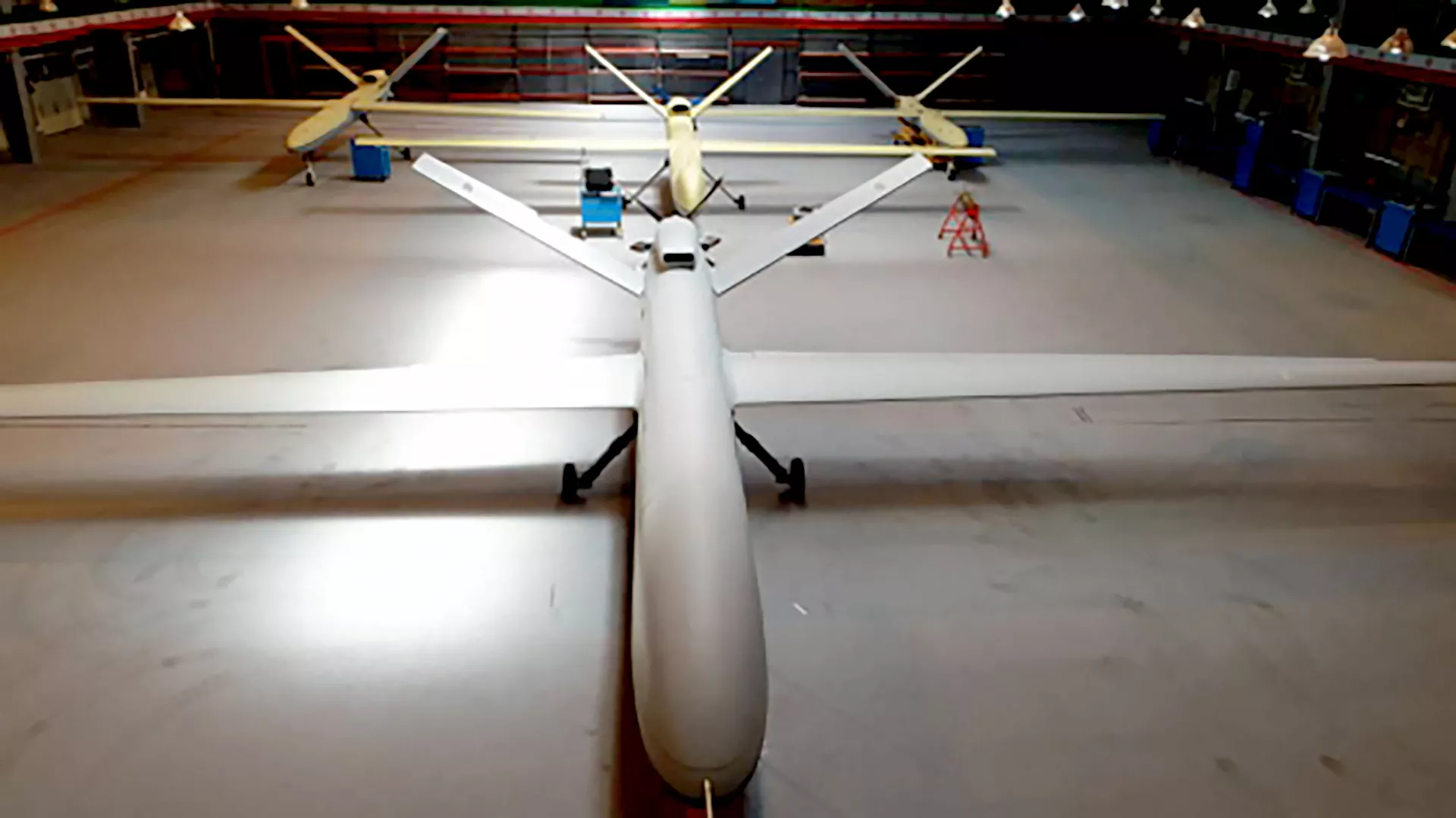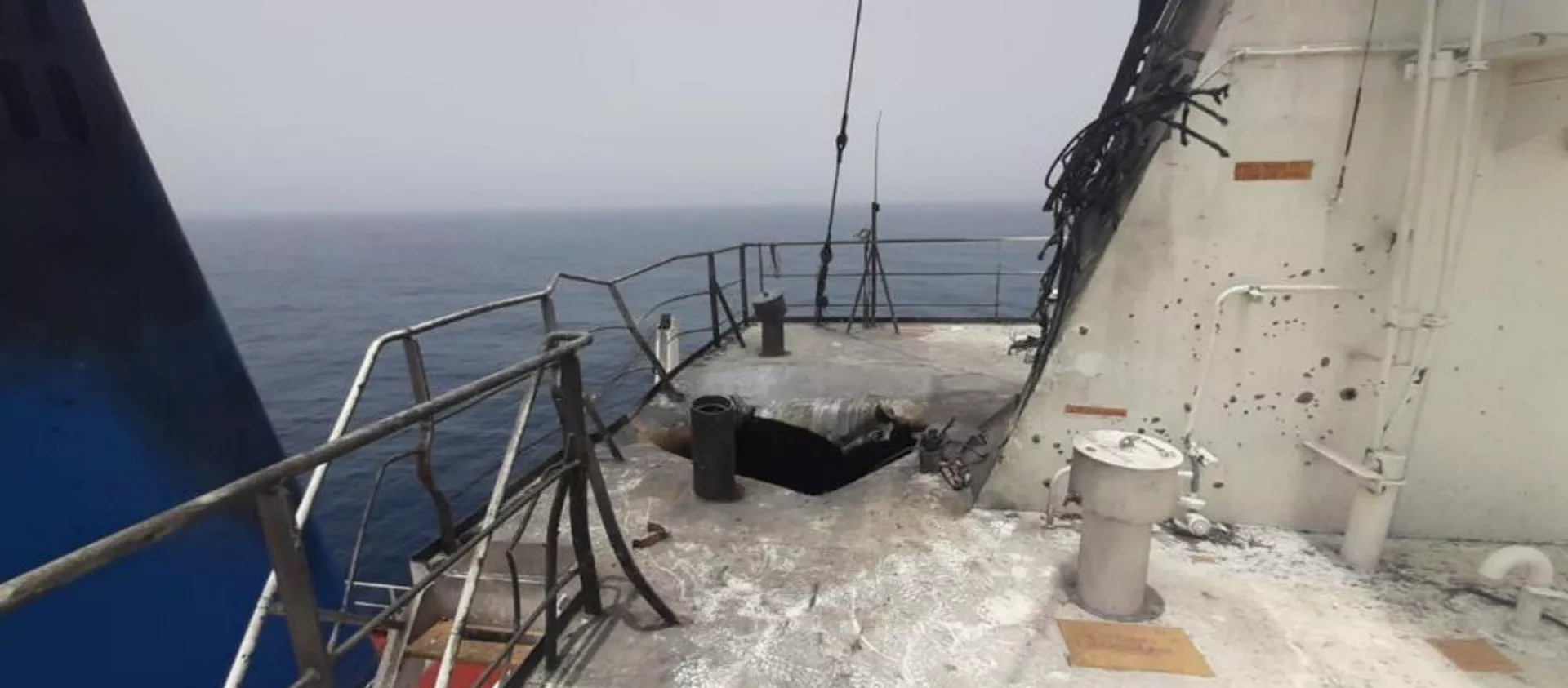https://sputnikglobe.com/20211029/iran-says-new-sanctions-contradict-us-claims-about-seeking-to-return-to-nuclear-deal-1090323720.html
Iran Says New Sanctions Contradict US Claims About Seeking to Return to Nuclear Deal
Iran Says New Sanctions Contradict US Claims About Seeking to Return to Nuclear Deal
Sputnik International
Washington slapped new sanctions on Iran Friday targeting four individuals and two companies the US claims oversee the Islamic Revolutionary Guard Corps... 29.10.2021, Sputnik International
2021-10-29T18:24+0000
2021-10-29T18:24+0000
2021-10-29T19:23+0000
iran
https://cdn1.img.sputnikglobe.com/img/07e5/05/15/1082959906_0:0:3641:2048_1920x0_80_0_0_ea80a2642a44686df2c23c4042b86530.jpg.webp
Iran's Foreign Ministry has slammed the US over new sanctions targeting Tehran's drone industry, saying the restrictions contradict Washington's claims about seeking to return to the Joint Comprehensive Plan of Action (JCPOA) nuclear deal.Earlier in the day, the US Treasury imposed new sanctions on Iran's drone programme, accusing the Islamic Republic of supplying its unmanned aerial vehicles to fighters in Yemen, insurgents in the Palestinian territories, Iraq, Lebanon's Hezbollah and Ethiopia. The Treasury further claimed that Tehran was using its drones to attack US forces and international shipping lanes in the Persian Gulf.The designations target Saeed Aghajani, commander of the IRGC Aerospace Force's UAV command, accusing him of playing a role in an attack on an Israeli-managed oil tanker off the coast of Oman in late July, and of being behind the September 2019 Houthi attack on a Saudi oil refinery. The Islamic Republic has vocally denied any involvement in both incidents, and has accused the United States, Israel and their allies of engaging in "false flag operations" aimed at justifying aggression against Iran.The sanctions also target the Kima Part Sivan Company and the Oje Parvaz Mado Nafar Company and its managing director - with the firms accused of manufacturing key components for use in Iranian drones.The new restrictions are the latest in over 1,000 sanctions issued by Washington against Iran in recent years, and come ahead of efforts by both countries to return to the JCPOA talks in Vienna.On Wednesday, top Iranian nuclear negotiator Ali Baqeri-Kani announced that Tehran would rejoin the Vienna talks before the end of November, with an exact date expected to be announced later in the coming week.Washington unilaterally pulled out of the JCPOA in May 2018, prompting Iran to give the agreement's Western European signatories a one-year window to try to create a mechanism through which the US's crushing energy and banking sanctions could be bypassed. When this failed to take place, Iran began ramping up its uranium enrichment and stockpiling activities to levels beyond the limits set by the JCPOA, all the while emphasizing that its nuclear programme remains strictly peaceful in nature.After coming into office in January, the Biden administration agreed to start talks on the JCPOA with Iran and the deal's other signatories in Vienna, Austria. The parties held six rounds of talks on the matter, but came up short of an agreement when negotiations were put on pause in June ahead of presidential elections in Iran.The United States continues to demand that Iran reduce its uranium enrichment and stockpiling activities to come back into line with JCPOA norms. Iran, meanwhile, insists that the US must first drop its "illegal" sanctions, and stop trying to include a clause about Iran's conventional missile programme or its 'regional activities' in the treaty.Iran has warned repeatedly that it's looking for "result-oriented" negotiations on the JCPOA, with Supreme Leader Ayatollah Ali Khamenei emphasizing that the Islamic Republic is not looking for "talks for the sake of talks."
https://sputnikglobe.com/20210805/iran-urges-un-to-be-wary-of-israeli-false-flag-operations-in-wake-of-tanker-incident-1083534606.html
iran
Sputnik International
feedback@sputniknews.com
+74956456601
MIA „Rossiya Segodnya“
2021
News
en_EN
Sputnik International
feedback@sputniknews.com
+74956456601
MIA „Rossiya Segodnya“
Sputnik International
feedback@sputniknews.com
+74956456601
MIA „Rossiya Segodnya“
iran
Iran Says New Sanctions Contradict US Claims About Seeking to Return to Nuclear Deal
18:24 GMT 29.10.2021 (Updated: 19:23 GMT 29.10.2021) Washington slapped new sanctions on Iran Friday targeting four individuals and two companies the US claims oversee the Islamic Revolutionary Guard Corps Aerospace Force's drone operations in other countries. The restrictions come ahead of plans to resume negotiations in Vienna on restoring the Iran nuclear deal to full working order.
Iran's Foreign Ministry has slammed the US over new sanctions targeting Tehran's drone industry,
saying the restrictions contradict Washington's claims about seeking to return to the Joint Comprehensive Plan of Action (JCPOA) nuclear deal.
"The imposition of new sanctions reflects the completely contradictory behaviour of the White House, [which] speaks of its intention to return to the nuclear accord and continues to impose sanctions," Foreign Ministry spokesman Saeed Khatibzadeh said, speaking to local media on Friday.
Earlier in the day, the US Treasury
imposed new sanctions on Iran's drone programme, accusing the Islamic Republic of supplying its unmanned aerial vehicles to fighters in Yemen, insurgents in the Palestinian territories, Iraq, Lebanon's Hezbollah and Ethiopia. The Treasury further claimed that Tehran was using its drones to attack US forces and international shipping lanes in the Persian Gulf.
The designations target Saeed Aghajani, commander of the IRGC Aerospace Force's UAV command, accusing him of playing a role in an attack on an Israeli-managed oil tanker off the coast of Oman in late July, and of being behind the September 2019 Houthi attack on a Saudi oil refinery. The Islamic Republic has
vocally denied any involvement in both incidents, and has accused the United States, Israel and their allies of engaging in "false flag operations" aimed at justifying aggression against Iran.
The sanctions also target the Kima Part Sivan Company and the Oje Parvaz Mado Nafar Company and its managing director - with the firms accused of manufacturing key components for use in Iranian drones.
"As a result of today's designations, all property and interests in property subject to US jurisdiction of the persons designated are blocked, and US persons are generally prohibited from engaging in transactions with the designated persons or their blocked property," the Treasury statement said.
The new restrictions are the latest in over 1,000 sanctions issued by Washington against Iran in recent years, and come ahead of efforts by both countries to return to the JCPOA talks in Vienna.
On Wednesday, top Iranian nuclear negotiator Ali Baqeri-Kani announced that Tehran would rejoin the Vienna talks before the end of November, with an exact date expected to be announced later in the coming week.
Washington unilaterally pulled out of the JCPOA in May 2018, prompting Iran to give the agreement's Western European signatories a one-year window to try to create a mechanism through which the US's crushing energy and banking sanctions could be bypassed. When this failed to take place, Iran began ramping up its uranium enrichment and stockpiling activities to levels beyond the limits set by the JCPOA, all the while emphasizing that its nuclear programme remains strictly peaceful in nature.
After coming into office in January, the Biden administration agreed to start talks on the JCPOA with Iran and the deal's other signatories in Vienna, Austria. The parties held six rounds of talks on the matter, but came up short of an agreement when negotiations were put on pause in June ahead of presidential elections in Iran.
The United States continues to demand that Iran reduce its uranium enrichment and stockpiling activities to come back into line with JCPOA norms. Iran, meanwhile, insists that the US must first drop its "illegal" sanctions, and stop trying to include a clause about Iran's conventional missile programme or its 'regional activities' in the treaty.
Iran has warned repeatedly that it's looking for "result-oriented" negotiations on the JCPOA, with Supreme Leader Ayatollah Ali Khamenei emphasizing that the Islamic Republic is not looking for "talks for the sake of talks."




